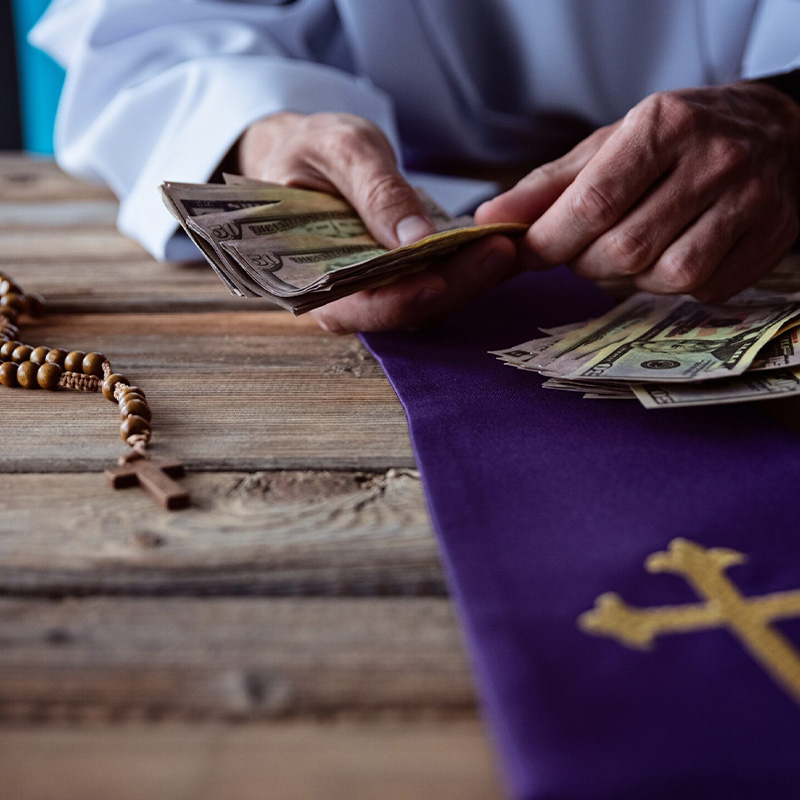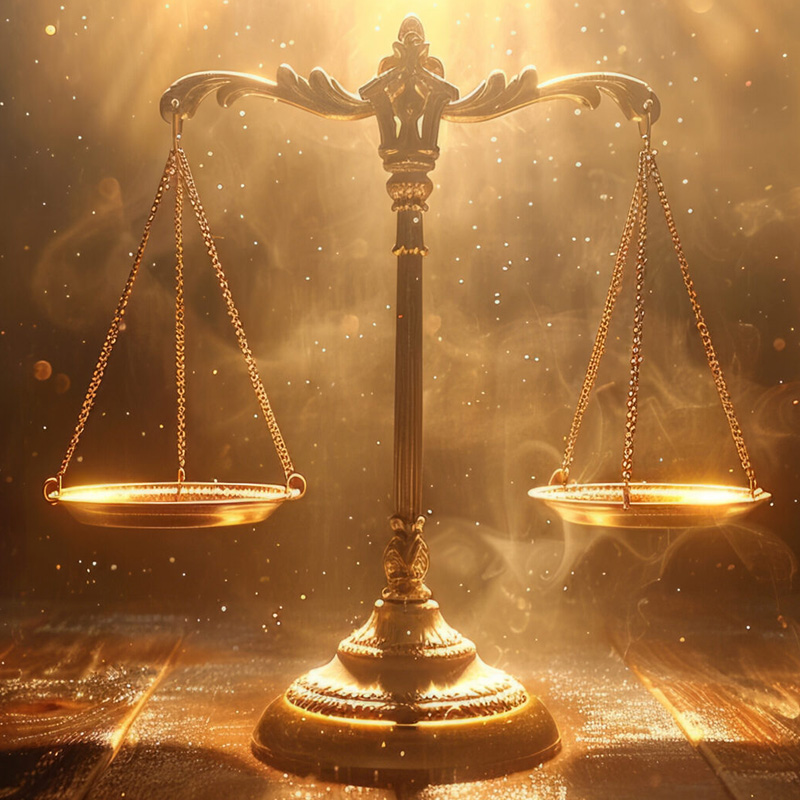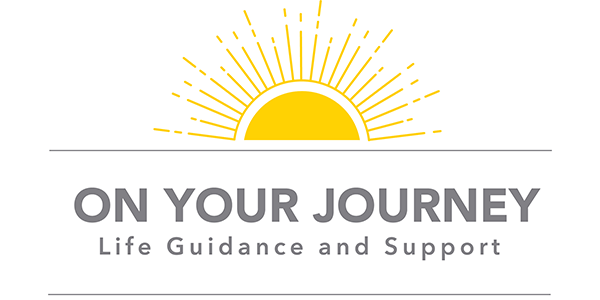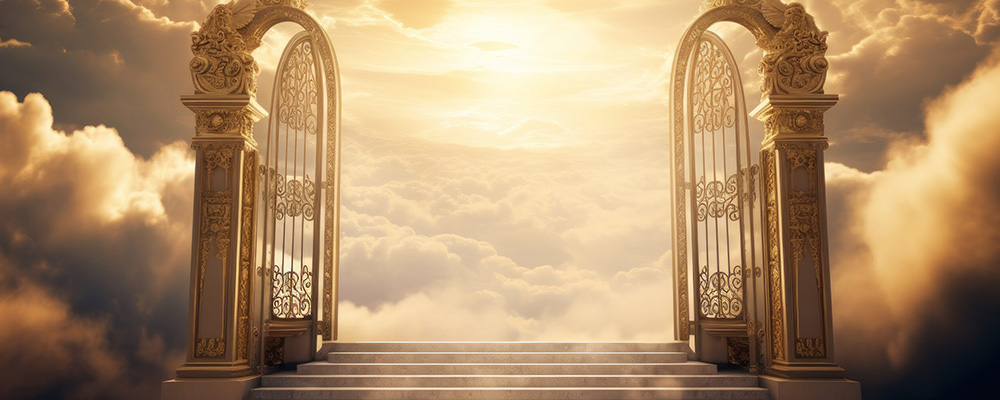A few of the things that major religions hope you never realize!
It’s safe to say that organized religion is having less of an impact on our lives today. Church attendance is down across the board for most major faiths. For older Americans, and likely people everywhere, that is a big change from the days of our youth when the vast majority of people belonged to an organized religion, and most families attended church services on a regular, typically, weekly basis.
When I was young, my family attended Sunday mass every week, never missed a Holy Day, and all four of us kids attended parochial school from first grade through high school. My parents had also attended Catholic elementary schools in their youth, but went to the public high school in their respective home towns.
Today, I can count on one hand the number of times that I have attended church in the past year. For me, lack of attendance does not mean that I am any less of a believer in God than anyone else; I simply do not believe in all the things that organized religions want us to believe.
This got me thinking about the things that I do believe as an adult today, along with the things that organized religions have traditionally taught us…and would like us to believe even now. That said, here is my list of the top 3 things I feel organized religions prefer we don’t know:
#1: Organized Religion is a business!

…historically, it has been very much about control, money and power.
Yes, despite what I’m sure were good intentions in the early days of the church, churches today are a business. How many times how we been asked to dig a bit deeper into our pocket for more and more money for one thing or another? In the Catholic church, despite untold riches in the coffers of Vatican City, which include significant works of art, assorted antiquities and priceless archival documents in the Vatican Archives, hometown churches have been consolidating their numbers for years due to reduced revenues, increased costs brought on by reduced attendance. For decades, people worldwide have questioned the role of religion in their lives. That puts a lot of pressure on remaining parishioners, and church leaders to find the resources to continue operating often costly buildings and other infrastructures.
For centuries, Catholic priests were required to be unmarried and take a vow of celibacy, a requirement that has remained to this day. Other Christian churches have long ago relaxed those archaic rules. The Episcopal Church, for example, allows married priests, women priests, and LGBT priests. Interestingly enough, celibacy was not mandated until the Second Lateran Council in 1139. Early writings indicate the apostles were married. It’s often speculated that the need for the celibacy had a lot to do with maintaining church finances.
#2: You do NOT need saving!

For anyone who grew up in an organized religion, here’s a shocker: You have NEVER, ever needed saving!
I personally believe that Jesus, and all great religious figures in history, came to teach us all of our own divinity and place in God’s Universe; that we are all an integral part of the Divine.
We are all God’s children. It is who and what we are at the very core of our Being. We simply choose to incarnate in order to experience the duality of human life…the good and the bad…with all its assorted life lessons, things we cannot experience in our true ‘soul’ state. As Spiritual Beings we know nothing but the Truth of Unconditional Love, Peace, and Light; human life lets us experience what we simply can’t in our Truth.
#3: God always loves us unconditionally!

No, St Peter is not checking us in at the Gates of Heaven when we pass. There is never a naughty or nice list, a heaven or damnation determination of where we end up after a life on Earth.
On Judgement Day, we judge ourselves! God is not sitting in judgment of us. In fact, no one is checking some master list of our ‘sins’ on Earth. You won’t experience the equivalent of a Catholic going to confession and asking for forgiveness of our sins, saying one ‘Our Father,’ and maybe a dozen “Hail Mary’s’ while throwing in the ‘Act of Contrition’ to eradicate your perceived sins.
Like it was yesterday, I can vividly recall marching to the church next door during my elementary school days to give our Lenten confessions. What should have been a personal moment alone with a caring member of the clergy, was often marred, in my mind, by the feeling I was intruding on a fellow classmate’s sacred time when they spoke a bit too loudly, and I could hear their confessed! I always felt somehow that being able to eavesdrop on what was supposed to be their spiritual moment was just wrong. Ahh, if only we had earbuds back then!
As we transition from our human form as a result of human ‘death,’ we all go through a Life Review. Did we accomplish the things we set out to accomplish in this lifetime? How did we do with the most important reason we incarnate…to bring that unconditional love we know intrinsically as Spiritual Beings into human life?
Everything we encounter in our life review is to aid our own evolution as a soul, in fact, we see the impact our actions have had on every one of those we came in contact with in our time here! Yes, we actually experience how others felt about us, and we experience those interactions with us!
While experiencing how we impacted others may seem scary, especially when you think of the pain we have all inadvertently caused others, our review is always full of compassion and is accompanied by great love.
For more views and perspective on our transition home after a lifetime on earth see Reflections 5: On Coming Home.
Remember, God always loves us unconditionally. There is never any reason to fear God.

